The answer to this question would depend on the type of bird. For instance, a robin is one of the common birds which stay in its nest for a longer time period. It takes about 3-4 weeks for them to fly from their nests. They also take care of their young ones even after they have flown away from their nests. They are known for being extremely protective and caring about their young ones. On the other hand, some types of birds including cuckoos and swallows leave their nests immediately after hatching. The chicks of these types don’t stay with their parents at all.
Birds have a high tendency to protect and nurture their young ones. However, there are certain factors which can cause them to abandon the eggs or young ones before hatching or leaving the nest right after.
A young bird will stay in the nest for a few weeks before it ventures out on its own. The length of time a bird stays in the nest depends on how well it is fed by its parents. A bird that is not well-fed will leave the nest early to try and find food on its own.
How Long Does It Take for Small Birds to Leave the Nest?
When a baby bird hatches, it immediately begins to develop feathers and other physical traits that will allow it to survive in the wild. The length of time it takes for a baby bird to leave the nest depends on the species of bird.
Tiny birds hatch with very little body fat, so they need to be able to fly immediately. Other species, such as robins and bluebirds, are less fragile and can remain in the nest until they are a few weeks old.
The little ones begin leaving the nest almost immediately after hatching. Most babies that have hatched can fly within five days of emerging from their eggs, but some breeds take longer because of their size or weight. Some species of birds don’t even build nests. Instead, they lay their eggs directly on the ground or in trees.
When Can You Remove a Birds Nest?
If you have a bird or two nesting on your property, you might be wondering at what point in the process it becomes safe to remove their nest.
The first consideration is when the eggs have hatched. Young birds are very vulnerable and will die if left alone. If the eggs have hatched, then it is okay to remove the nest from your property. But if you do not know for sure whether the eggs have hatched, then it is best to leave them alone until you are certain.
The best time to ‘do something’ about a birds nest is when you’re sure that the birds have left for the season. If this is not possible, wait until late at night when there are no people around or when you can stay well back from the nest site so as not to disturb them.
How Long Do Baby Birds Stay With Their Mother?
Baby birds stay with their mother for several months after they hatch. Baby birds have a lot to learn from their mothers. They need to know how to get food and water, build nests and protect themselves. Their mothers are the best teachers because they have already learned all these things by experience.
In the wild, baby birds grow up fast. Some birds, like robins and blue jays, can leave their nests within a few days of hatching. Sparrows and blackbirds usually take a little longer. Young birds that stay with their mother longer tend to be more independent later on in life.
Baby birds learn how to fly from watching their parents as well as from trial and error. Sometimes fledglings jump before they are ready and land in the bushes or on the ground instead of in the trees where they want to be. But eventually, with lots of practice, most young birds learn how to fly well enough to escape predators like cats and hawks.
Some baby birds don’t live long enough to become independent after they leave the nest. When food is scarce, parents may decide not to feed their young in order to save energy for themselves.
Do Birds Reuse Nests?
While some birds do this, most do not. Nests are built to accommodate the size of the brood and the materials available in the habitat. Some birds, like robins, will build a new nest every year. Others, like red-winged blackbirds and some songbirds, will often use the same nest year after year.
Building and repairing a nest takes time and resources. Birds must spend extra time finding materials that are strong enough. The key to success with nests is picking a new spot every time. This not only reduces the chances of parasites from building up, but also reduces the chances of predators finding them more easily.
Where Do Baby Birds Go When They Leave the Nest?
The most important thing for a baby bird to do after it leaves the nest is to stay hidden. If a predator catches sight of a young bird, it will most likely be eaten. This means that if a fledgling is on the ground and in the open, it is likely to have a short life.
Baby birds that have just left the nest are called fledglings. A fledgling is a baby bird that has grown its feathers and left its nest to learn how to fly. Fledging can be quite an adventure, as baby birds try out their wings. Baby birds might also follow their parents around while they hunt for food. Some may even fly back to the nest!
Fledgling baby birds have a few things to watch out for. Even though they’re learning how to fly, they still need help with flight and landing. They often spend time on the ground, which can be dangerous for them. Predators like cats and dogs are always lurking about, and other animals such as snakes or even raccoons could cause harm.
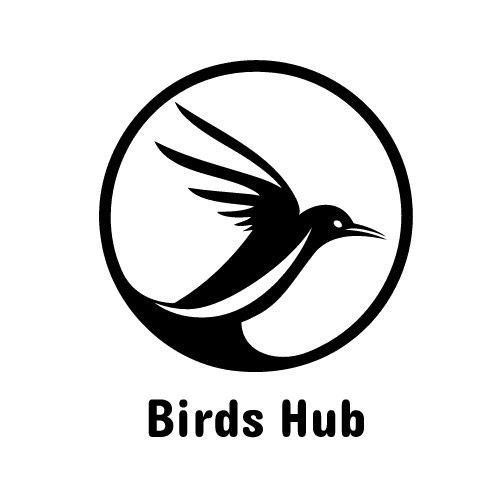
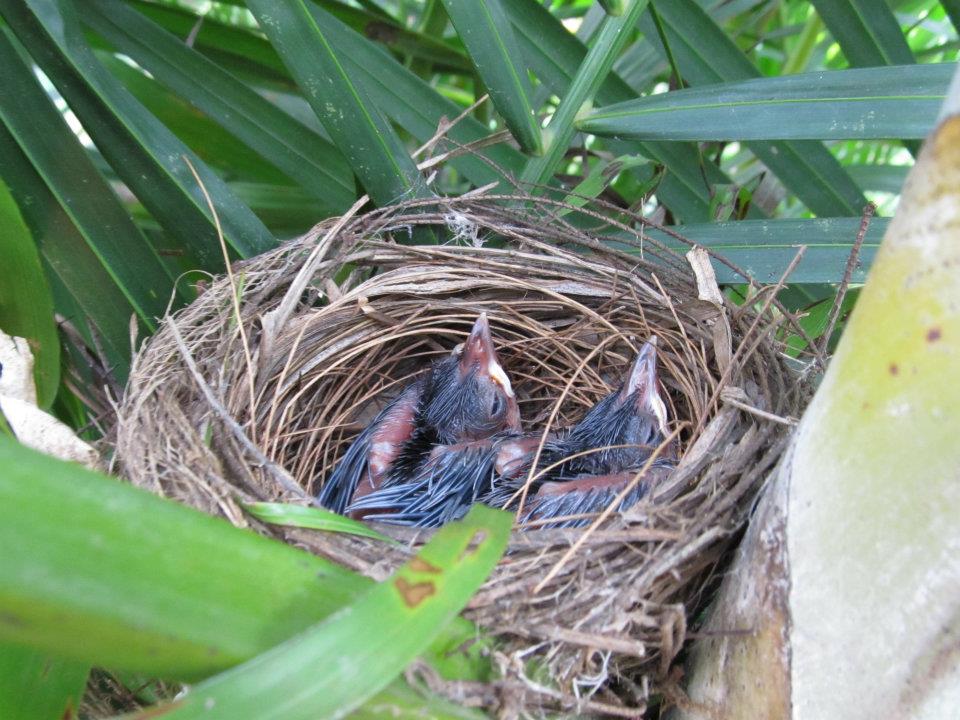
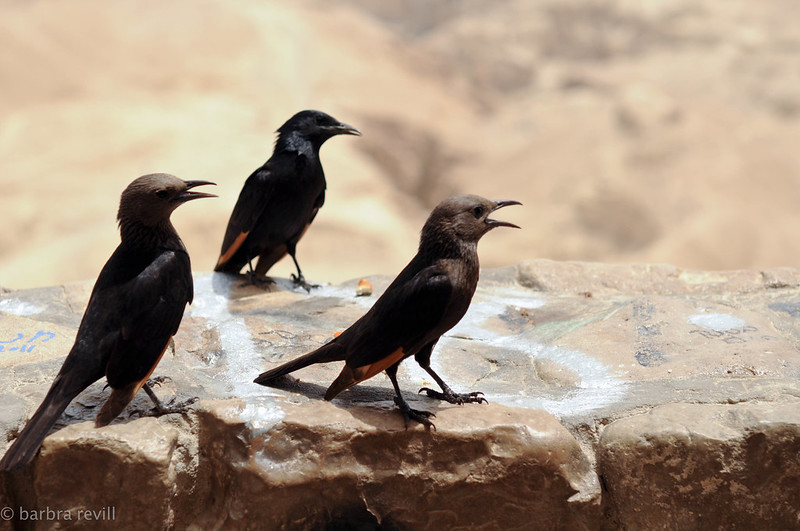
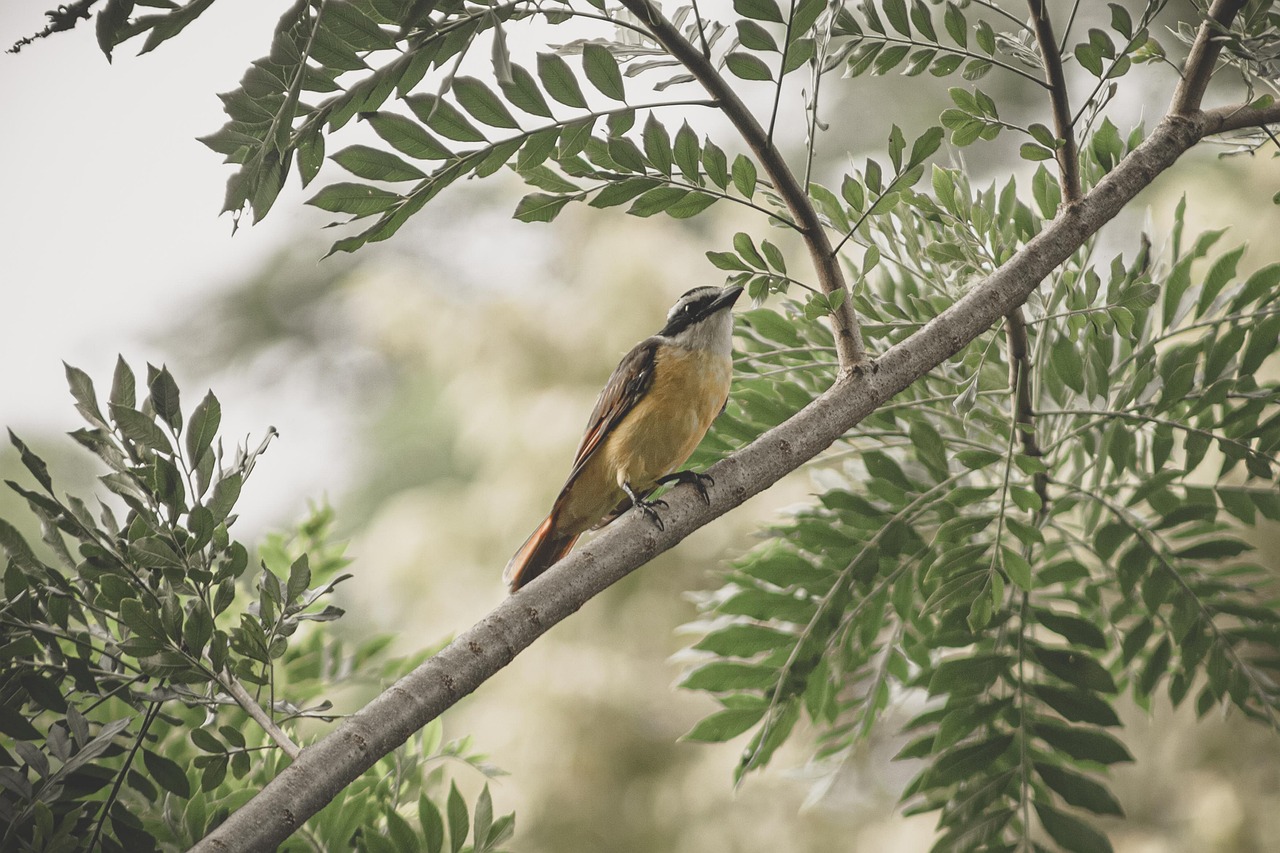
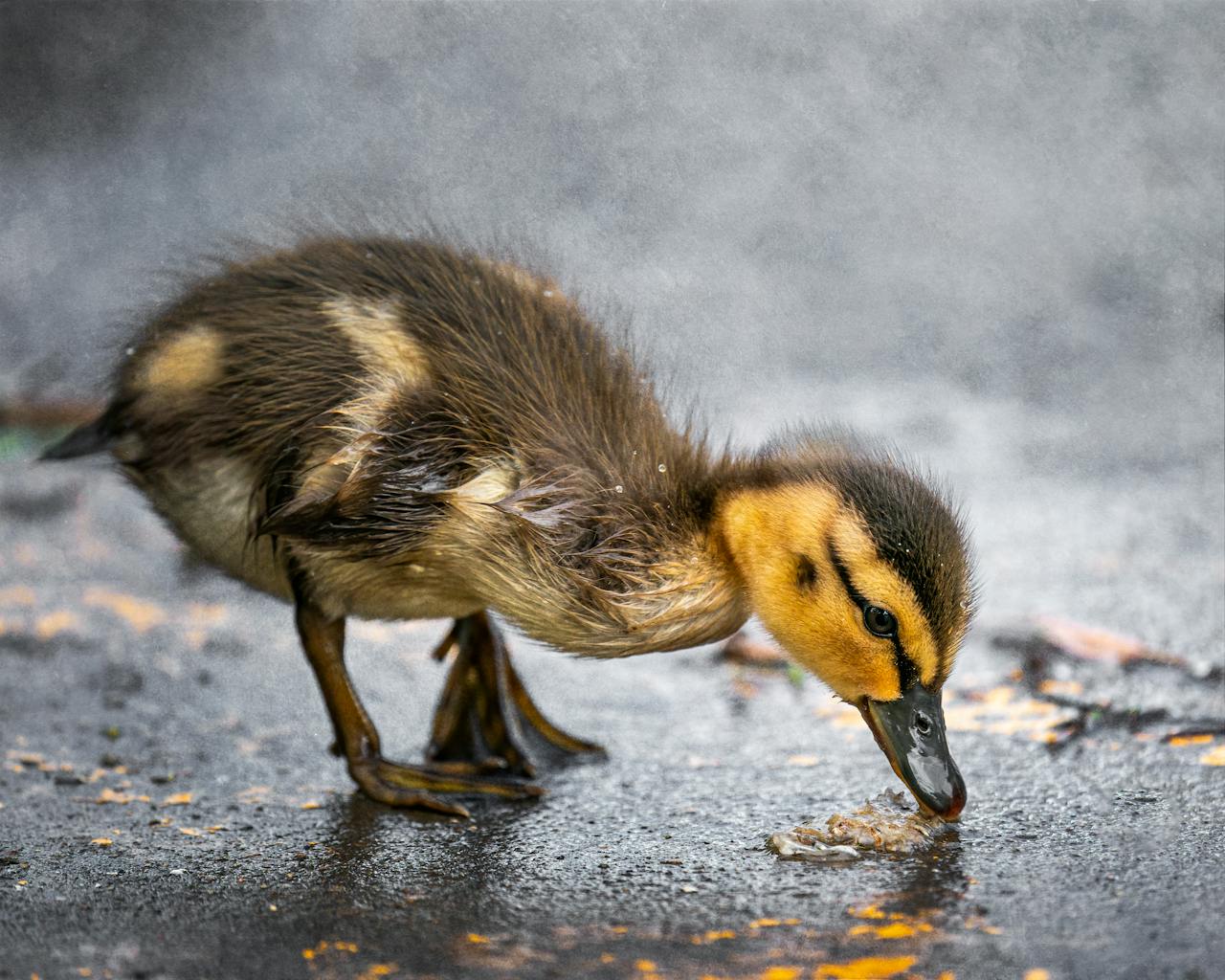
Leave a Reply